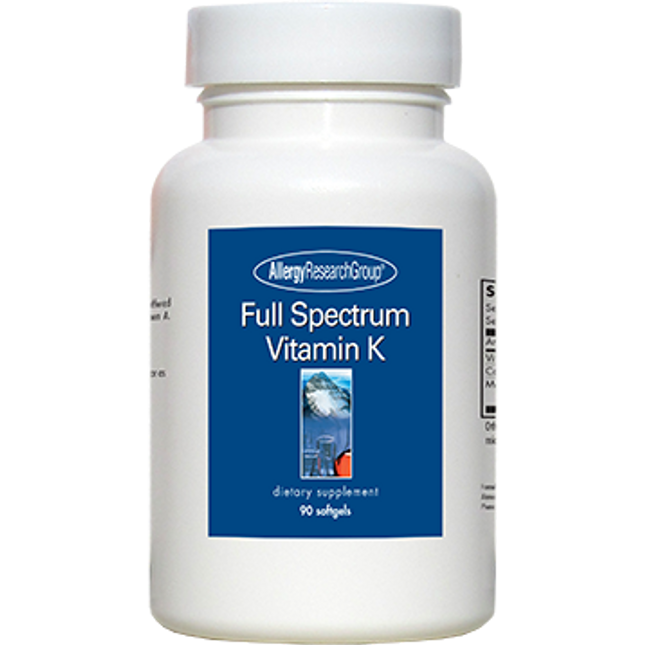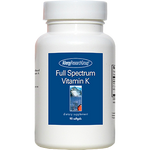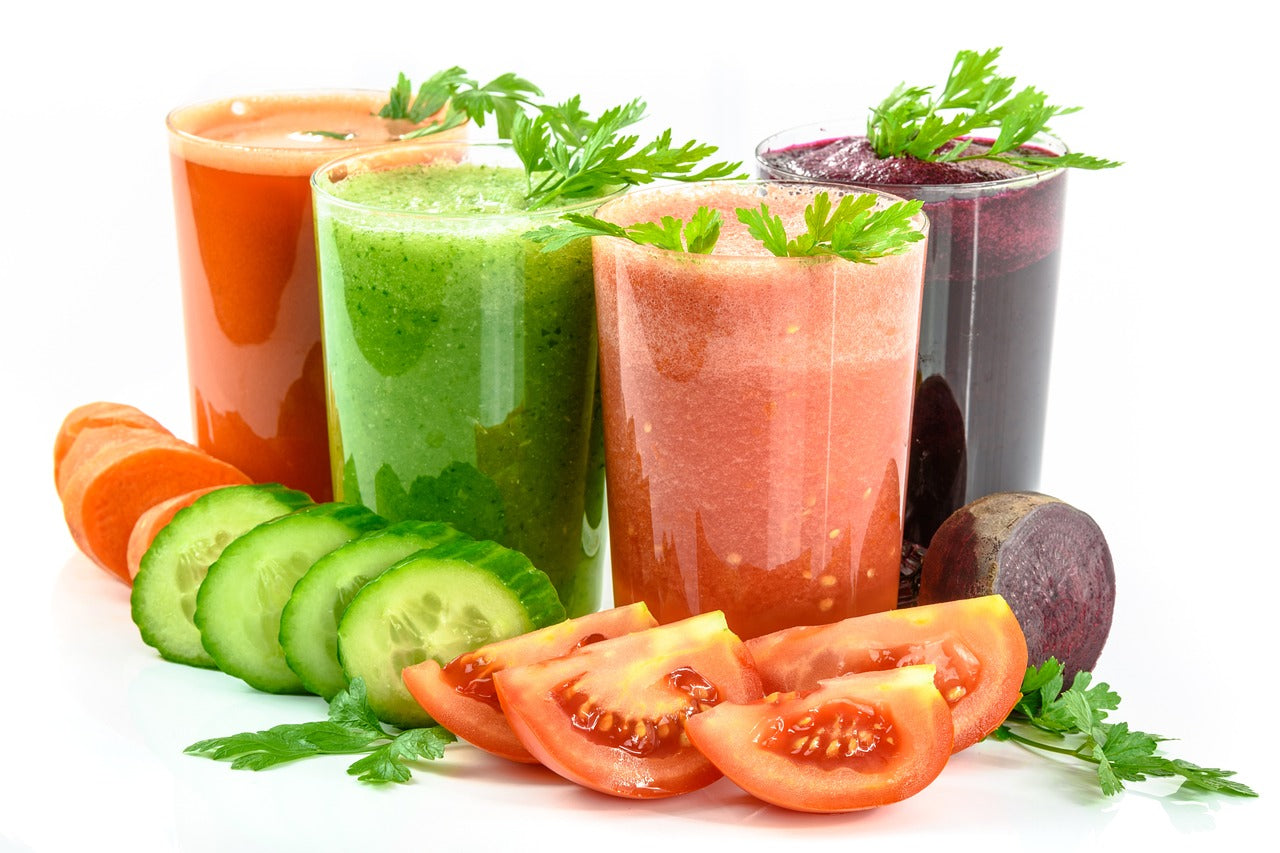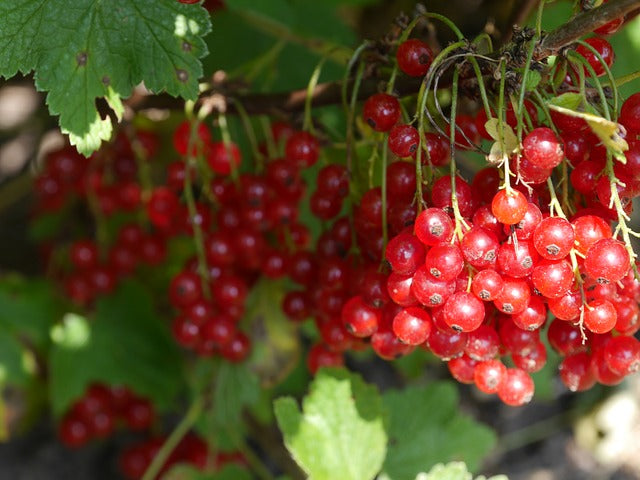Vitamin K


Dietary Supplement  Serving Size:1 SoftGel Servings Per Container:90 Amount Per Serving Vitamin A (from Cod Liver Oil) 200 IU  >Vitamin C (as Ascorbyl Palmitate) 25 mg  Vitamin D3 (90% from Cod Liver Oil and 10% from Skipjack and Tuna liver oil) 400 IU  Vitamin K (from 1000 mcg Vitamin K1 Phytonadione, 3000 mcg Vitamin K2 Menaquionone-4 and 50 mcg Vitamin K2 Menaquinone-7) 4050 mcg  Tocotrienols (as DeltaGOLD® Tocotrienols containing 90% delta-tocotrienols and 10% gamma-tocotrienols) 5 mg   Other ingredients: Sunflower oil, gelatin, glycerin, water, yellow beeswax, carob extract, soy lecithin, zinc oxide     Suggested Use: As a dietary supplement, 1 softgel one or two times daily, with meals, or as directed by a healthcare practitioner. Taking with a fat-containing meal may further enhance absorption. Contraindicated with use of anticoagulant drugs. A comprehensive Vitamin K formula containing Vitamin K1 and Vitamin K2 with other fat-soluble antioxidant cofactors, such as vitamins A, D and E (as gamma- and delta-tocotrienols).ÂÂÂ
$62.99
Vitamin K Products
Vitamin K supplements help in maintaining proper blood clotting factors, keeping bones healthy and helping ward off a wide variety of illnesses and problems for people of all ages. Vitamin K is a fat soluble vitamin that comes in two naturally occurring forms: K1 and K2. Vitamin K1 can be found in many foods. Vitamin K2 is produced within the large intestine by intestinal bacteria. There are also synthetic forms of vitamin K (K3, 4 & 5) which are used medicinally. Vita Living offers Allergy Research Group Full Spectrum Vitamin K, Life Extension Super K and an impressive selection of strengths, forms and combinations of K vitamin supplementation.
Although medical professionals sometimes say that people are not likely to suffer a shortage of vitamin K because it is produced by the body, it is important to remember that it is only vitamin K2 that is produced by the body. Additionally, this process can be interfered with by improper diet, long term antibiotic use, liver disease and other circumstances. For this reason, it is a good idea to supplement natural vitamin K1 and to maintain a healthy diet that includes green, leafy vegetables, cruciferous vegetables such as cabbage, cauliflower and broccoli, and fruits such as grapes, kiwi and avocado. Parsley is especially high in vitamin K1 and should be included in the diet on a regular basis. In addition to supplementation, good natural sources of vitamin K2 include dairy products, eggs, meats and a fermented soybean food source known as Natto. Avoiding vitamin K deficiency amounts to avoiding such problems as excessive bleeding, osteoporosis and cancer. Additionally, a proper balance of vitamin K helps regulate metabolism and assist in proper production and use of insulin. For this reason, regular use of a high quality vitamin K supplement is highly recommended for optimum health. If you are taking blood thinners, please consult your physician before taking Vitamin K since it also acts as a natural blood thinner.
Blog posts
-

in Wellness Natural Ways to Boost Your Energy Levels
Feeling sluggish and fatigued is a common experience for many. It's a state marked by a lack of concentration, decreased energy, and a general lack...
-

in Wellness 7 Causes Of High Cholesterol
Cholesterol, is needed by the body for a variety of functions; however, too much of it can cause hardening of the arteries .
-

in Wellness Health Benefits Of Cranberries
Cranberries are superfoods that provide anti-inflammatory and antioxidant protection. Taking a cranberry supplement or consuming cranberries increase immunity, improves digestive and cardiovascular health.
-

in Wellness Women’s Heart Health Guide
Heart disease affects millions of women each year .Eating a healthy diet, getting enough exercise, and reducing your stress levels can reduce the risk of developing it.






